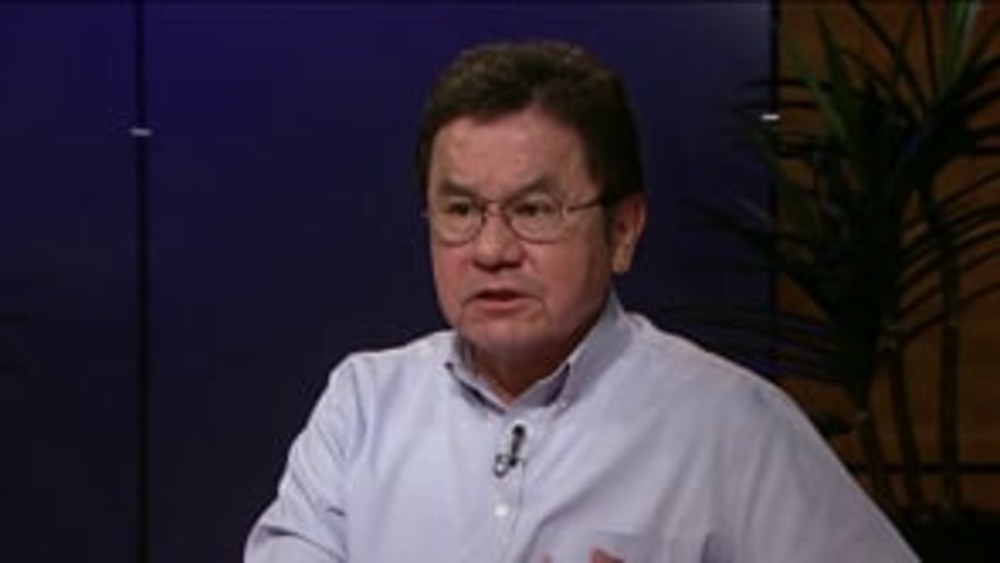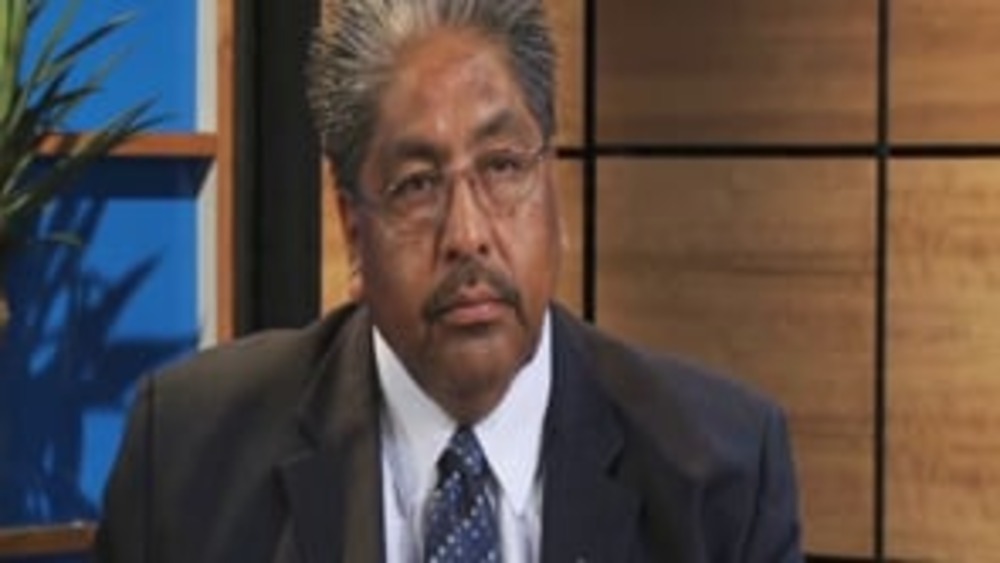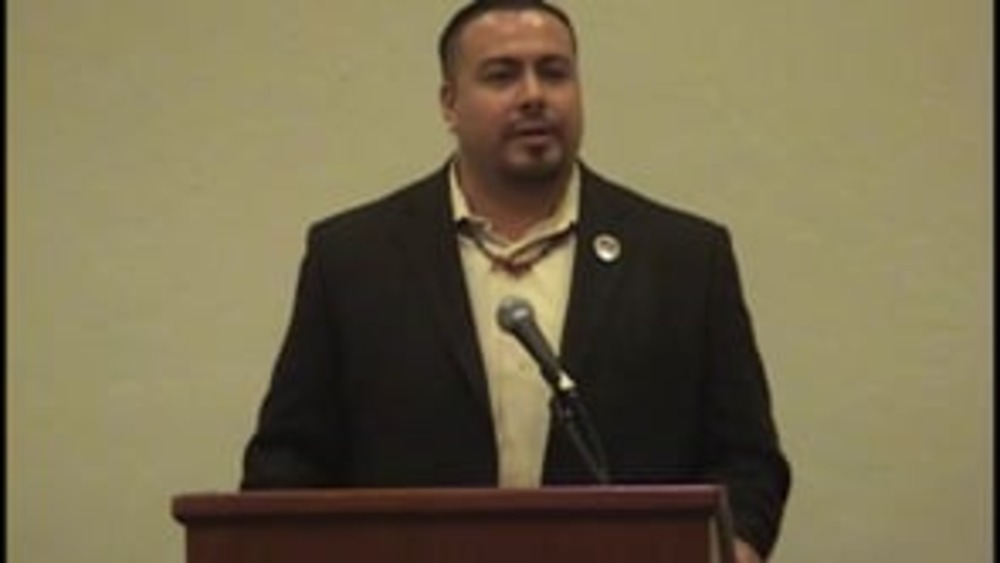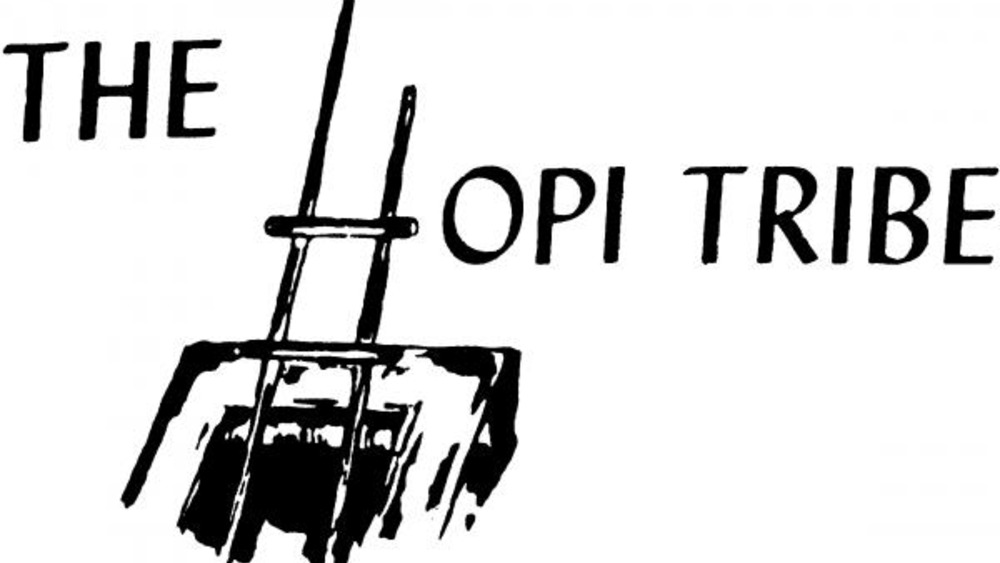Indigenous Governance Database
code development

NNI Indigenous Leadership Fellow: John Petoskey (Part 2)
In the second of two interviews conducted in conjunction with his tenure as NNI Indigenous Leadership Fellow, John Petoskey, citizen and long-time General Counsel of the Grand Traverse Band of Ottawa and Chippewa Indians (GTB), discusses the legal doctrine of tribal sovereign immunity and…

Ned Norris, Jr.: Strengthening Governance at Tohono O'odham
Tohono O'odham Nation Chairman Ned Norris, Jr. discusses how his nation has systematically worked to strengthen its system of governance, from creating an independent, effective judiciary to developing an innovative, culturally appropriate approach to caring for the nation's elders.

Rae Nell Vaughn: Tribal Court Systems in the 21st Century: The Choctaw Tribal Court System
Former Chief Justice of the Mississippi Choctaw Supreme Court Rae Nell Vaughn provides a detailed overview of the growth and evolution of the Mississippi Choctaw's governance system and specifically its justice system, stressing the importance of Native nations providing a fair, effective,…

NNI Indigenous Leadership Fellow: Rae Nell Vaughn (Part 1)
Rae Nell Vaughn, former Chief Justice of the Mississippi Choctaw Supreme Court, discusses the critical role that justice systems play in the rebuilding of Native nations and shares how the Mississippi Band of Choctaw Indians has worked to develop its justice system to reflect and promote its…

Jamie Fullmer: Taking a Strategic Approach at Yavapai-Apache Nation
Jamie Fullmer, former chairman of the Yavapai-Apache Nation, discusses how his nation developed a strategic approach to tackling its nation-building challenges during his time in office. He stresses the importance of Native nations and leaders conducting comprehensive of the state of their…

Navigating VAWA's New Tribal Court Jurisdictional Provision
President Obama signed into law the reauthorization of the Violence Against Women Act (VAWA), a federal statute that addresses domestic violence and other crimes against women. As initially conceived in 1994, VAWA created new federal crimes and sanctions to fill in gaps, provided training for…

A Leader Emerges: Hopi Tribe Adopts New Criminal Code According to Tribal Law and Order Act Standards
The Hopi Tribal Council voted to adopt a new criminal code on August 28, thereby scrapping a 1970s version that all but failed to punish sex crimes and limited tribal prosecutors to one-year terms, even for murder. In doing so, the small Arizona tribe emerged as a leader in Indian country when it…
